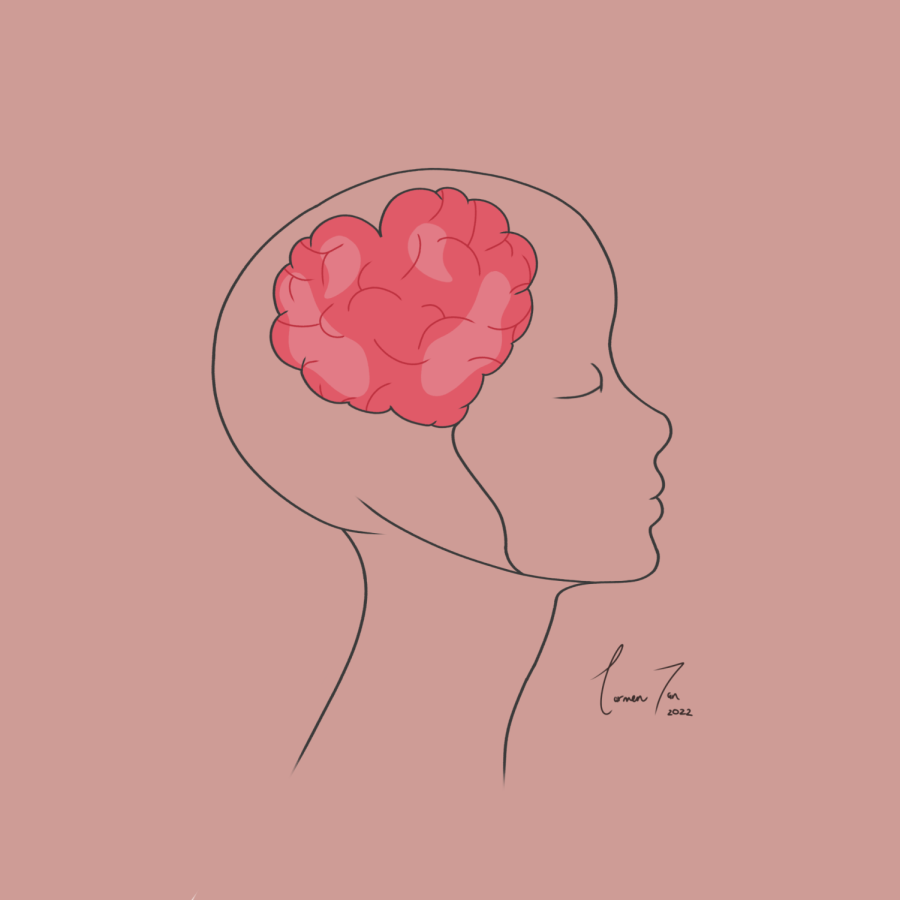A hard SEL
When you ask students how they feel about well-being they will often react strongly. The primary aim of the curriculum is to allow students to expand their knowledge about life outside the classroom, especially about things they may start to go through during their teenage years and what they need to do to handle the situation well.
After interviewing students across the middle and high school, there were a variety of perspectives about well-being. Some students feel that the classes are very effective. One student says that “one day, I felt very overwhelmed due to all the school work and very quickly, I was becoming very stressed. Thankfully, I remembered from SEL and general knowledge that counting breaths allows you to become less stressed”. However, several students weren’t as enthusiastic. While they appreciated a break from normal lessons, they don’t take it as seriously as other classes.
The student counselor, Ms. Araneta, hopes that the course “teaches students the fundamentals of social and emotional learning which are important in life.” She explains that “not all students get the point of it at the beginning” but with time they will begin to be more open-minded to the class, which is when you begin to see a difference. In primary school, they have started to have Well-Being classes as well. When the Year 7’s came this year, “you could see a difference” between who had experienced well-being before and those who hadn’t.
Ms. Araneta closes with some kids who feel “uncomfortable, as it puts you on the spot to express your feelings. But it’s one of those things where you need to trust the process and it just takes time.”
In addition to what the SEL curriculum has to offer, students have a range of suggestions in order to make it as effective as possible. Many students have the perception that “it’s quite repetitive and there are more important issues to be discussed”
Many students are eager to speak about mental health-related topics in more detail, as it tends to sometimes be “simplified and only teach us about the basics.” Some students feel that the curriculum doesn’t offer very many activities and the class is just like any other class: the teacher speaks and the students listen. Ms. Araneta says she is working hard to make well-being as effective as possible because this helps students in all areas of school and life.
Hi, my name is Chloe and I'm in Year 11. I'm from Switzerland and America. I've been at ISL for twelve years, but this is my second year in The High. I...

I’m a 16 year old student in ISL. I've been in ISL for 8 years. I work on the illustrations for articles (specifically the horoscopes column) and a podcast,...


